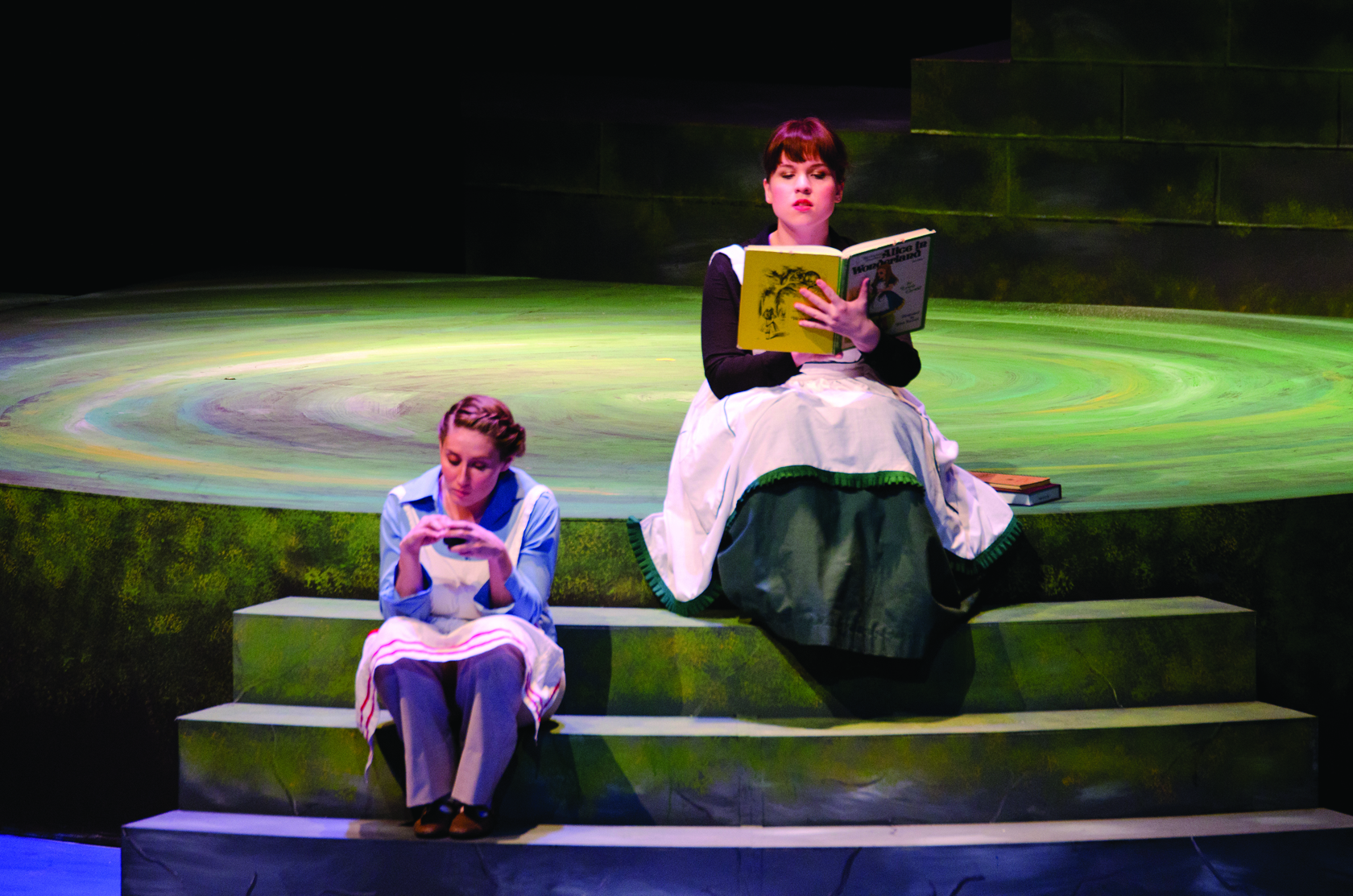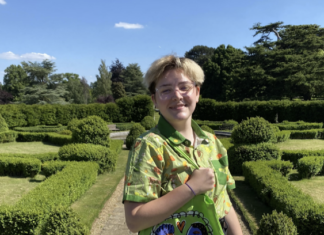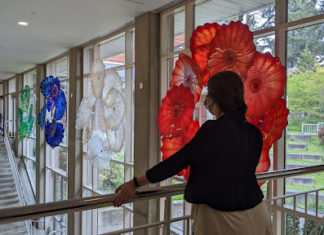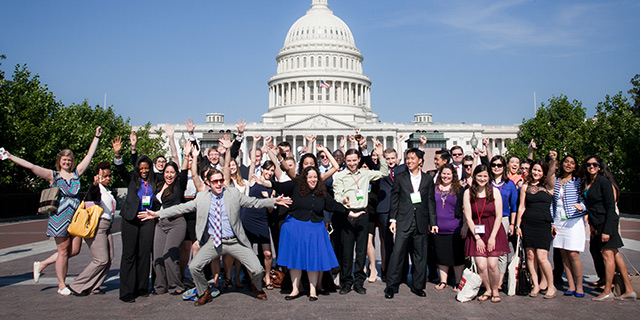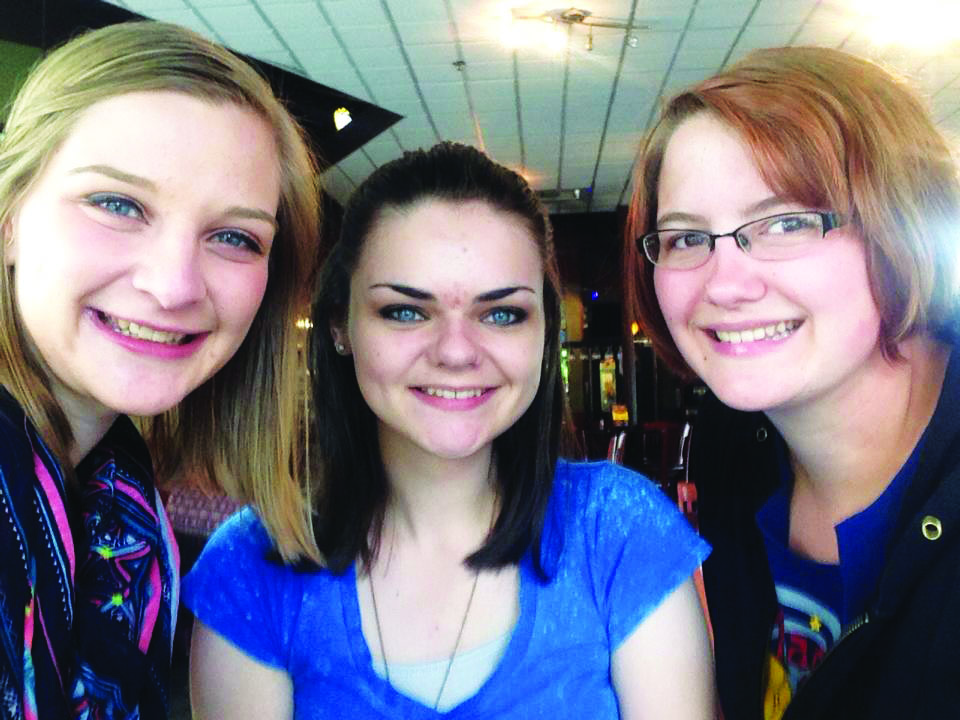By Shannon McClain, Guest Columnist
In 1962, Rachel Louise Carson published her book “Silent Spring,” which is commonly credited with launching the contemporary environmental movement.
Carson waited years for someone else to speak out about the harmful effects of chemical pesticides like DDT (dichloro-diphenyl-trichloroethane), but she finally realized that she was the only one with the knowledge and economic freedom to do it.
Her book challenged the practices of agricultural scientists and the government, as it precisely describes the harmful effect of pesticides on the ecosystem as a whole.
The time after World War II saw an increase in the use of DDT and other synthetic pesticides.
This increase was partially due to the need of the agricultural community to increase it’s production of crops.
Last week, Pacific Lutheran University put on “In The Garden of Live Flowers,” a play on the life and work of Carson. The play suggests another reason for the increased use of pesticides.
The other reason is this human fear of “the other.” The natural world has commonly been seen by humans as something different and separate from us.
In the play, one community has a panicked reaction to insects and launches a government-driven attack on these creatures.
The play portrays this pseudo-war between humans and nature as a mirror to the wars between two groups of people.
This may seem deeply exaggerated to viewers and the playgoers may have even had a laugh over it, but this fear of the other deeply pervades our culture even today.
Imagine the lengths we will go to keep ourselves separate from nature, the walls and the buildings that keep nature out.
See or experience the fear that a snake or spider causes, a panic that usually leads to the death of the being. I know I am not exempt from the fear that I feel when I see one of these beings.
One major idea present in all of Carson’s works is that human beings are only one part of the natural world.
They are given importance or power only in their ability to alter nature, sometimes irreversibly so.
Linda Lear, a biographer of Carson and author of the 1997 “Rachel Carson: Witness for Nature,” states that Carson “courageously spoke out to remind us that we are a vulnerable part of the natural world subject to the same damage as the rest of the ecosystem.”
In the play, viewers could see this idea as well. During the war against the insects, a plane drops the pesticide over the entire community, causing many to become very ill.
Once during a television interview, Carson stated that “man’s endeavors to control nature by his powers to alter and to destroy would inevitably evolve into a war against himself, a war he would lose unless he came to terms with nature.”
In “Silent Spring” Carson calls for a change in the way humans see the rest of nature.
So, next time you see a spider or some other being that makes you think about screaming and jumping on the closest piece of furniture, think about the cause of your fear.
Perhaps you can try to release it outside rather than killing it.
This is what my mother always does. She captures the spiders we find in the house to let them outside. The spiders eat bugs and if there are fewer spiders then there will be more bugs.
Each piece of the ecosystem plays a vital part. We may have the power to influence and change nature, but we too are impacted by the changes we make to it.

















